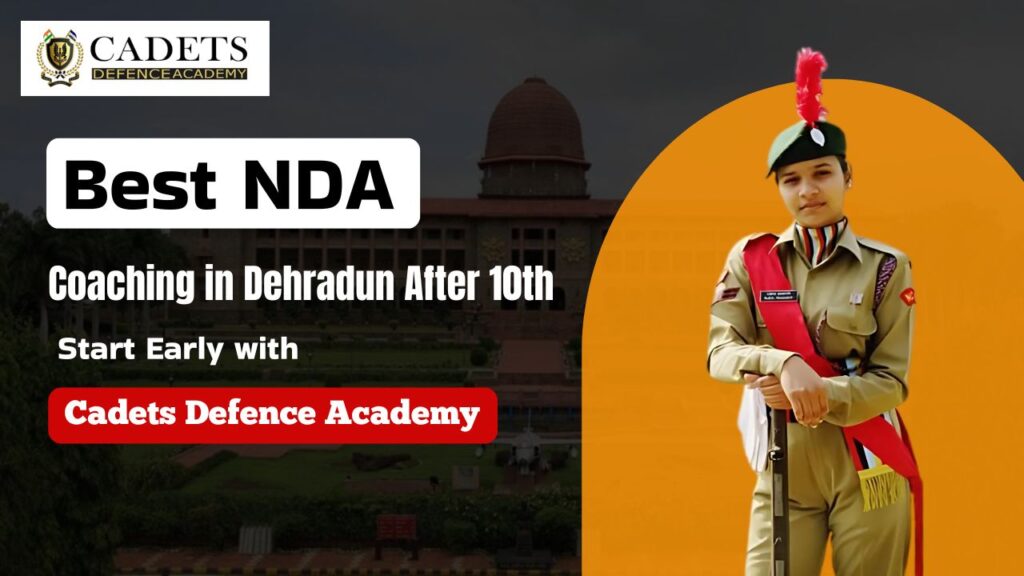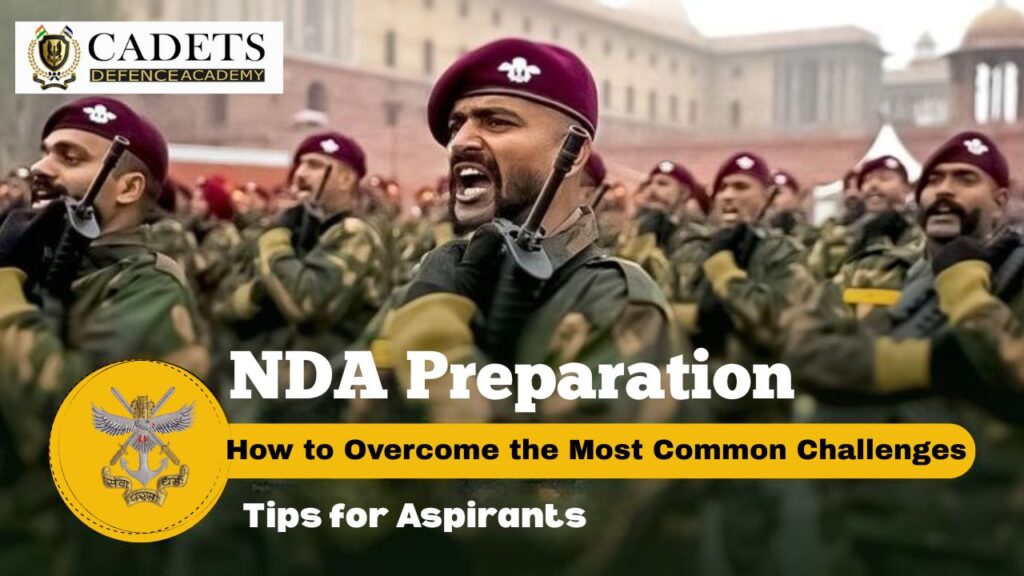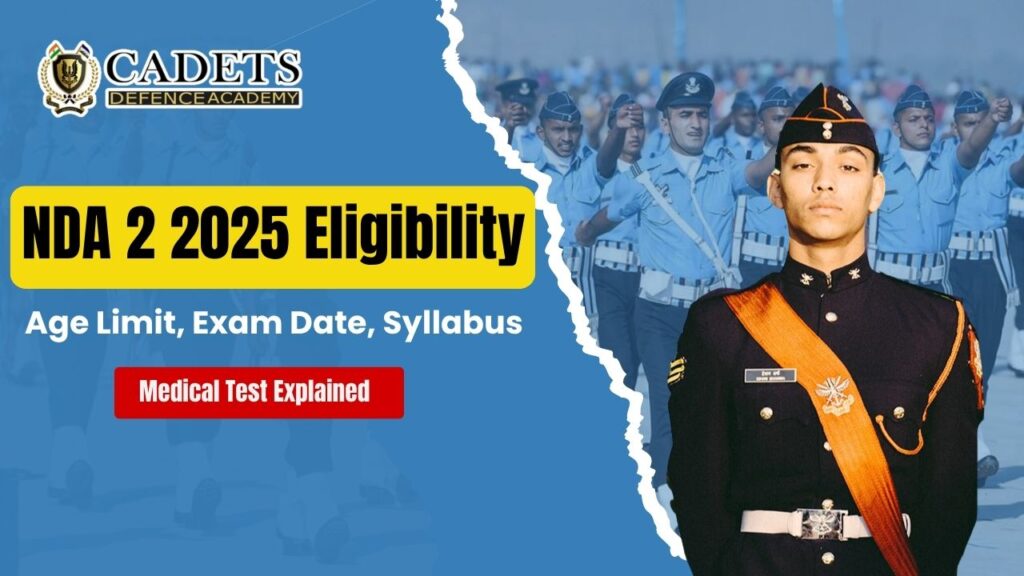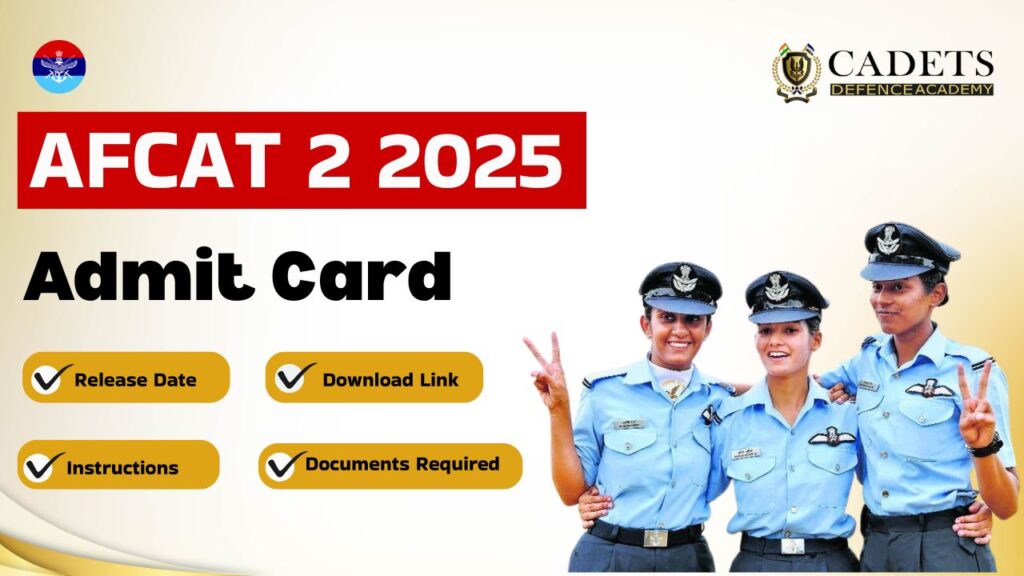Air Force Agniveer Vayu Intake 02/2026 Notification – Eligibility, Exam Dates, Salary, and How to Apply
Air Force Agniveer Vayu Intake 02/2026 Notification Table of Contents Do you want to serve the nation? If yes, then the Indian Air Force has released the Air Force Agniveer Vayu Intake 02/2026 Notification, and it’s a golden opportunity for all unmarried male and female aspirants looking to join the force under the Agnipath scheme. This isn’t just a job — it’s a chance to wear the uniform, gain real-life skills, earn respect, and maybe even continue as a permanent part of the Indian Air Force if you perform exceptionally during your four-year engagement. What’s Agniveer Vayu? So, here’s the deal. Under the Agnipath scheme, the Indian Air Force is inviting unmarried male and female candidates to apply for the Air Force Agniveer Vayu Intake 02/2026 Notification. This isn’t your typical recruitment drive. It’s a short-term engagement that lets you serve for four years, build skills, earn decent cash, and maybe even get absorbed into the regular Air Force ranks if you’re among the top performers. Important dates for Agniveer Vayu Intake 02/2026 These are the important dates that you must note Online Registration: Starts 11 July 2025 at 11:00 AM and closes 31 July 2025 at 11:00 PM Online Exam (Phase-I): Begins from 25 September 2025 onwards Provisional Select List (PSL): Out by 15 May 2026 Final Enrolment List: Dropping 1 June 2026 Seriously, don’t wait till the last day to register. Who Can Apply for Agniveer Vayu Intake 02/2026? Let’s break it down. The Air Force Agniveer Vayu Intake 02/2026 Notification lists a bunch of criteria, but the main ones are: Age Limit Candidates must be Born between 2 July 2005 and 2 January 2009 (inclusive). Shouldn’t be older than 21 years on enrolment date. Marital Status Only unmarried candidates are allowed. You must remain unmarried during the 4-year term. Female candidates? No pregnancies allowed during service; it can lead to discharge. Educational Qualifications For Science stream aspirants: 10+2 with Physics, Math & English (50% overall, 50% in English) OR 3-Year Engineering Diploma with same English marks OR 2-Year Vocational Course with Physics & Math For non-science folks: 10+2 in any stream with 50% overall and 50% in English OR 2-Year Vocational Course in any stream with same marks If you’re eligible for Science stream, you can opt to take both Science & Non-Science exams. Physical & Medical for Agniveer Vayu Intake 02/2026 They don’t want couch potatoes. Here’s what you need physically: Height: 152 cm minimum for both; some relaxations apply Chest: Males need 77 cm with 5 cm expansion Vision: 6/12 corrected to 6/6; no LASIK, no exceptions Hearing: Normal. You should hear a whisper from 6 meters away. General Health: Clean teeth, fit body, no serious illnesses, mentally sharp. Also, tattoos are mostly banned, except on inner forearms or culturally accepted places. Salary and Perks at Agniveer Vayu Intake 02/2026 Okay, now the good part. What do you get in return? 1st Year: ₹30,000/month 4th Year: ₹40,000/month In-Hand: Around 70% after deductions Total Seva Nidhi (after 4 years): ₹10.04 Lakhs (without interest) Other Perks: CSD benefits, uniform, rations, risk/hardship allowance Insurance: ₹48 Lakhs life cover (non-contributory) But: No pension, no gratuity Selection For Agniveer Vayu Intake 02/2026 The Air Force Agniveer Vayu Intake 02/2026 Notification is divided into 3 phase. Phase-I: Online Exam Science Group: 60 mins – Physics, Math, English Non-Science: 45 mins – English + Reasoning & GA Both Groups: 85 mins Marking Scheme: +1 mark = Correct -0.25 = Wrong 0 = Unattempted Phase-II: Tests & Docs Physical Fitness Test: 1.6 km run: 7 min (male), 8 min (female) Push-ups, sit-ups, squats (as per gender) Adaptability Test I & II Document Verification Phase-III: Medical Full-body check-up, dental, vision, blood, urine, X-ray, ECG, etc. You can appeal if found unfit, but pay ₹40 via e-MRO. Click here to download official Agniveer Vayu Intake 02/2026 Notification official pdf How to Apply (And Do It Right) Here’s your step-by-step: Visit agnipathvayu.cdac.in Register between 11–31 July 2025 Upload: 10th & 12th mark sheets Recent photo (holding name/date slate) Thumb impression, signature Domicile/COAFP certificate Pay ₹550 + GST online Make sure your Aadhaar is handy. Without valid ID, you’re out. The Don’ts while Applying for Agniveer Vayu No multiple applications (you’ll get rejected) No mobile phones or smartwatches during tests No drug use (strict zero-tolerance) No fake documents or wrong info And no, you can’t change your exam centre later Click here to download official Agniveer Vayu Intake 02/2026 Notification official pdf What Happens After? Alright, so you’ve cleared the medical, crushed the fitness tests, and passed all the exams — what next? Let’s break it down in a simple way so you know what to expect after the selection process: Step 1: Provisional Select List (PSL) The Indian Air Force will release a state-wise list called the Provisional Select List. This list will come out on 15 May 2026. It basically tells you if you’re provisionally selected based on your performance and state-wise cut-off marks. But don’t get too comfy yet—it’s not the final step. Step 2: Final Enrolment List From those provisionally selected, the IAF will publish the Final Enrolment List on 1 June 2026. Only candidates who meet all final checks (medical, document verification, age limit, etc.) and rank high enough in merit will get enrolled. Note: Just being in the PSL doesn’t mean guaranteed selection. Final enrolment depends on how many vacancies are available in your state and if you pass all requirements. Bonus: Chance to Join Regular IAF After serving as an Agniveer for 4 years, you may be selected to join the regular Air Force as an Airman. This will be based on your performance, conduct, and overall suitability. But remember, only up to 25% of Agniveers from each batch will be offered this opportunity. Skill Certificate Whether you stay or leave, you’ll receive a Skill Certificate from the Indian Air Force. It highlights the skills and competencies you gained during your service. This will help a lot if













